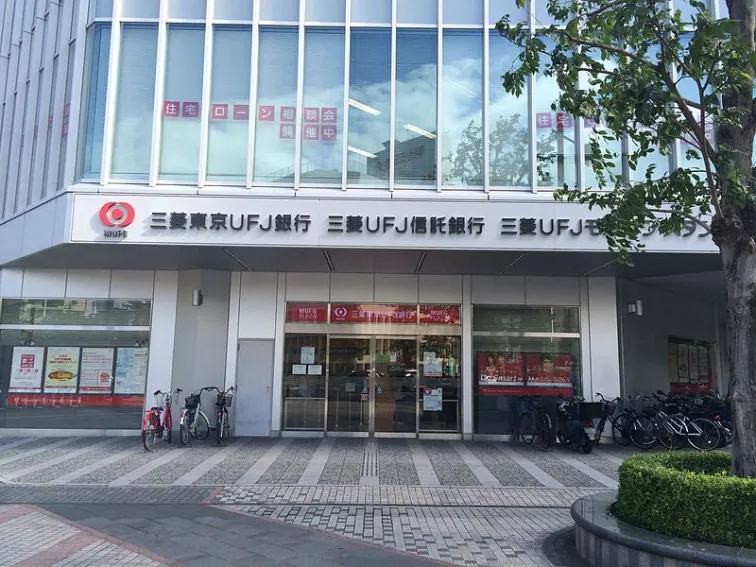
BTMU to invest around USD760m in Philippines-based Security Bank
It's the largest equity investment by a foreign bank into a Philippine bank.
The Bank of Tokyo-Mitsubishi UFJ announced earlier this month that it will acquire a 20% stake in Security Bank.
The ¥90 billion (USD760m) investment is credit positive because it will help BTMU further deepen and diversify its operations in Asia outside of Japan, which is a strategic focus for the bank, according to Moody's Investors Service. BTMU’s previous investment in Thailand, for example, has continued to perform well and now is the largest contributor to earnings from its Asian operations.
Additionally, the stake will provide BTMU with an opportunity to further grow earnings and should not negatively affect BTMU’s asset quality or liquidity. The Philippines has a stable banking system, strong GDP growth, loan growth opportunities, a low level of nonperforming loans and strong funding and liquidity.
Here's more from Moody's:
BTMU’s investment in Security Bank marks the first time that a Japanese bank has made a major investment in a Philippine financial institution and to date is the largest equity investment by a foreign bank into a Philippine bank. BTMU will treat this investment as an equity method affiliate, becoming Security Bank’s second-argest shareholder. BTMU will get two seats on the board to allow it to contribute to the strategic direction of the bank.
This investment follows BTMU’s 2013 purchase of a majority stake in Thailand-based Bank of Ayudhya, which has since been accretive to earnings, and the purchase of a 20% stake in Vietnam Bank for Industry and Trade the same year.
Security Bank was established more than 60 years ago and has grown to become the Philippines’ sixth largest private domestic universal bank by assets as of September 2015. Its business is diverse, focusing on corporate and investment banking, commercial middle-market banking, retail banking and financial markets.
During 2007-12 and again in 2014, the bank ranked first in return on shareholders’ equity and return on assets, and had the lowest cost-to-income and nonperforming loan ratio among private domestic universal banks. It also had strong capital, with a total capital adequacy ratio of 15.9% and Tier 1 capital adequacy ratio of 12.7% as of 30 September 2015.






![Lorem Ipsum [ABF 1]](https://cmg-qa.s3.ap-southeast-1.amazonaws.com/s3fs-public/styles/exclusive_featured_article/public/2025-03/a_hand_pointing_to_a_futuristic_technology_5b87c9d0e3_1.png.webp?itok=2w0y1WhS)


![Cross Domain [Manu + SBR + ABF + ABR + FMCG + HBR + ]](https://cmg-qa.s3.ap-southeast-1.amazonaws.com/s3fs-public/styles/exclusive_featured_article/public/2025-01/earth-3537401_1920_4.jpg.webp?itok=WaRpTJwE)








 Advertise
Advertise

